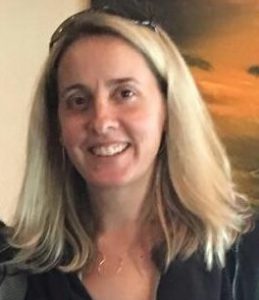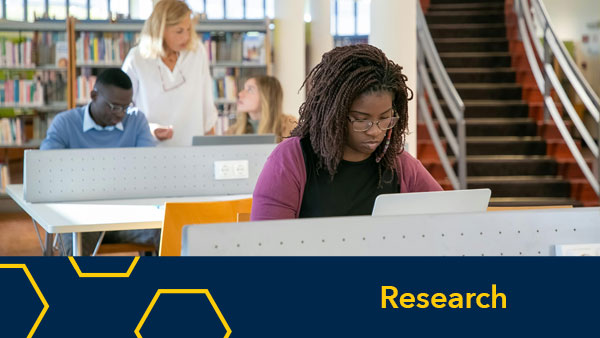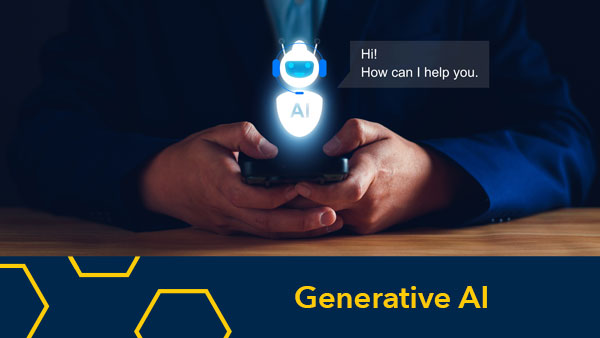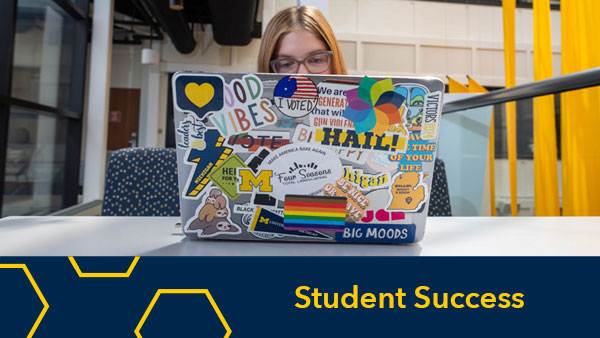Kristen Eshleman, Director of Innovation Initiatives at Davidson College
@kreshleman

Davidson College has a long and proud tradition of developing leaders in many fields. Making what our president, Carol Quillen, calls a “disproportionate impact for good” is the primary motivator for many of our liberal arts graduates. To get there, our students follow the pathways established by networks of successful alumni in areas of law, medicine, finance, public service, and more. Throughout the past decade, our alumni and students have increasingly viewed tech as a desirable choice for purposeful work. But they have had a hard time getting a foot in the door. Why? Liberal arts graduates, as the narrative goes, are not equipped with the requisite digital skills.
The trouble, according to alumni, is that “Davidson hasn’t historically viewed tech as a ‘first class’ path like medical and law school. It often takes students 5-10 years to find the tech path, and they need a framework for transitioning.” According to one New York Times article, nearly ⅓ of liberal arts graduates saw no relationship between their jobs and what they learned in college. In Silicon Valley, translating the value of a liberal arts degree is not straightforward. In response, students across Higher Ed shifted to Computer Science. The number of majors doubled between 2013-2017, while tenured faculty grew by 17%. Campus courses are oversubscribed. Colleges and graduates are having trouble meeting a growing demand for digital skills.
What is the right approach?
Davidson is working on this from multiple angles, thanks to the leadership of individuals like Jamie Stamey and our Center for Career Development staff. On the academic side, we cannot place the burden on Computer Science departments alone, and we would not be true to the liberal arts if our designs push students to a single major for any career. Students need more variety in technology pathways. Not every student seeking a career in tech wants to major in Computer Science. As we have seen at Davidson, their hearts may actually lie with majors such as anthropology, music, economics, or English. We tell our students to major in what they love and they can still pursue their career of choice, bringing the perspective and skillset of that field to benefit the profession.
Industry agrees. The ability to solve problems creatively is in demand from every sector of the labor market. Executives recognize that a lack of critical thought about the social and ethical implications of technology is a potential long-term business risk. Liberal arts graduates offer the unique perspectives that combine cultural understanding with organizational and analytical frameworks. We simply need new opportunities that demonstrate applications in tech. This idea has been called a “both, and” approach to education design: both the breadth and depth of the liberal arts and relevant and applicable digital skills.
How are we meeting the need?
We are adhering to one of the key shifts identified in Davidson’s strategic vision – moving from a self-contained operation to leveraging connections and partnerships with schools and companies. We are a small innovation team inside a small college. To deliver a high quality design, we partnered with Entangled Studios to co-create and incubate “Adjacent,” a startup that delivers the hybrid skills, experiences, and networks necessary to lead lives of leadership and service in an increasingly technology-driven society.
Adjacent is designed to be intense and focuses on mindsets and behaviors as much as it focuses on skills. The program is immersive and place-based. Immersion enables the focus needed to go deeper, faster on the skills needed to achieve the goals. The San Francisco location exposes students to the variety of careers and networks in which the skills they are gaining can be applied and practiced. The learning experience follows these design principles:
- Ambiguous environments develop discipline and resilience
- Peers, through structured debate, are our best teachers
- Front-loaded lessons increase understanding
- Inductive learning requires a large number of examples
- Build on existing mental models whenever possible
We will share results publicly in late September, but early feedback from students, faculty, and Bay Area alumni is strong enough to move forward with a 4-course semester version in Spring, 2020. This next iteration is led by a team of six interdisciplinary and forward-thinking faculty, along with key staff from our Center for Career Development, the Registrar’s Office, Civic Engagement, and Education Abroad. Collectively, this campus team will develop and test a framework for place-based and experiential learning that connects to any disciplinary, analytical, or creative framework. Digital skills should not belong to any one major. And it is high time we put to bed the false dichotomy between the liberal arts and digital skills.


